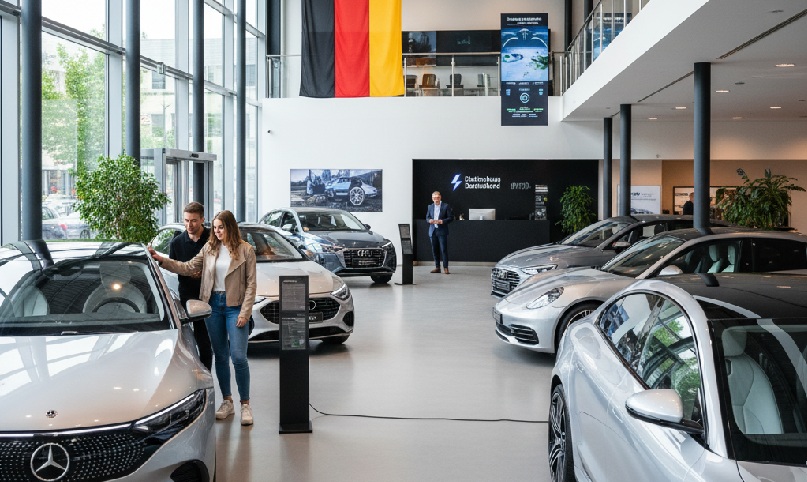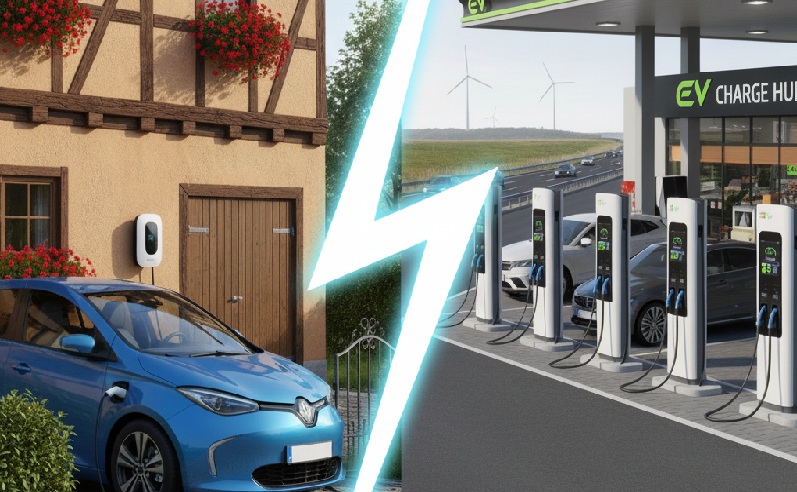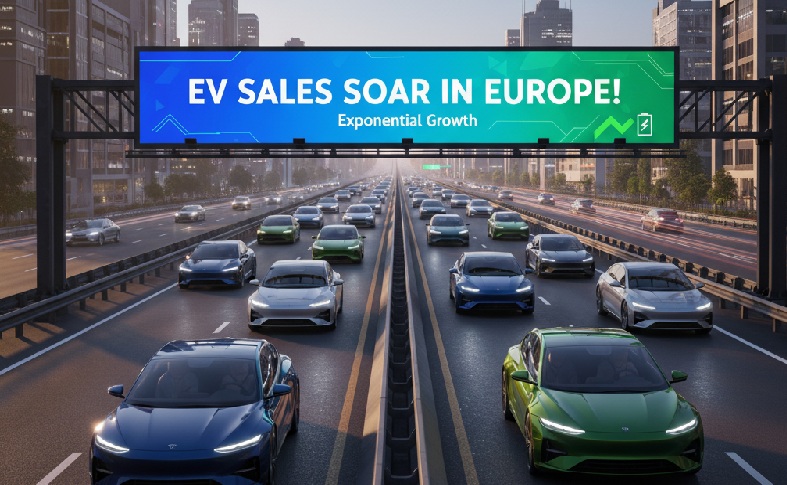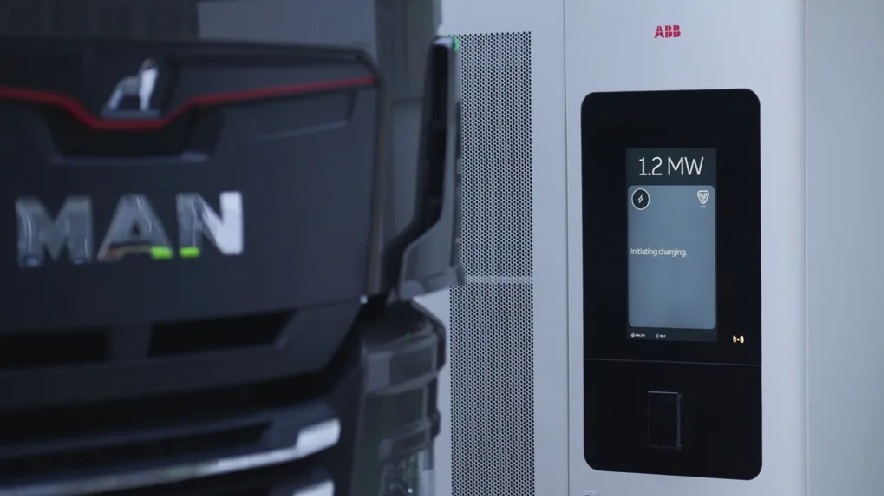There is currently some uncertainty among motor vehicle businesses regarding the scope of the special depreciation for electric vehicles included in the recently adopted Act for a Tax Investment Immediate Programme to Strengthen Germany as a Business Location – also known as the Investment Booster Act.
In response to a related inquiry submitted by the ZDK, the Federal Ministry of Finance (BMF) has now clarified that the measure is not restricted to brand-new units only.
The Act includes a provision for special depreciation on electric vehicles (EVs) to promote electromobility.
This means that newly acquired EVs may be subject to a 75% arithmetically-degressive depreciation in the first year following acquisition.
Although the wording of the law explicitly refers to “newly acquired vehicles”, some comments from politicians and the specialist press had suggested that the depreciation might apply only to brand-new vehicles that have never been registered before.
However, the ZDK has consistently interpreted the wording to mean not only new vehicles, but also used electric cars that are being added to the business assets of the taxpayer for the first time.
This interpretation by the ZDK is supported not only by the current tax publications (NWB-Verlag), but has now been explicitly confirmed by the following statement from the BMF:
“The arithmetically-degressive depreciation for EVs included in the Act for a Tax Investment Immediate Programme to Strengthen Germany as a Business Location covers all vehicles as defined in Section 9, Paragraph 2 of the Motor Vehicle Tax Act, acquired after 30 June 2025 and before 1 January 2028, and thereby added for the first time to the taxpayer’s business assets. There is explicitly no restriction to brand-new vehicles.”
In case of any uncertainty when claiming special depreciation for used electric units, stakeholders should confidently refer to the above statement from the BMF.
Opposing views that have been prematurely expressed in some media outlets and by certain politicians should not cause concern.
If there are any further developments on this topic, the ZDK will provide prompt updates.
READ MORE
-
81% of European EV users charge at home—which countries rely most on public charging?
The survey identifies where EV drivers charge most often: home leads. However, in countries such as Germany, a large share relies on public infrastructure. Which countries follow on the list?
-
159,810 electric cars were registered across Europe: which countries led the way?
667,786 new vehicles were registered, with BEVs accounting for a 15.8% market share. When including data from EFTA countries and the UK, a total of 159,810 electric cars were registered across the region.
-
Put through its paces: MAN and ABB conduct landmark MCS test week
Over the course of three days, the testing covered system and device communication, Transport Layer Security (TLS), performance validation, current ripple measurements, and charging session termination and emergency shutdown scenarios.










